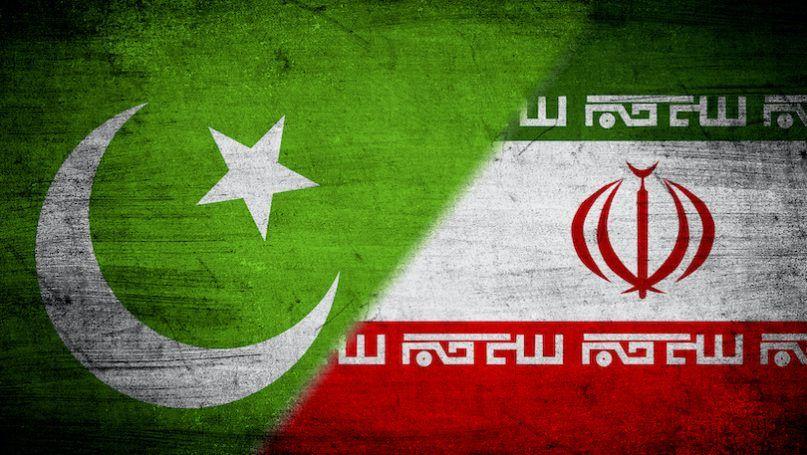
Islamabad recalls its ambassador from Iran following an air strike that resulted in the tragic death of two children in the western part of the country
Pakistan recalled its ambassador from Iran Wednesday and prevented Tehran's envoy from returning to Islamabad after an Iranian air strike resulted in the tragic death of two children in the western part of the country the previous day.
According to the Iranian news agency Mehrnews, the targeted attack aimed at the Jaish al-Adl group's headquarters in Pakistan involved both missiles and drones.
Iran justified the strike as a decisive response to perceived threats to its security.
The strike occurred on Tuesday, following similar attacks by Tehran in Iraq and Syria against what it referred to as "anti-Iranian terrorist groups."
Pakistan strongly denounced the attack near the shared border, with spokesperson Mumtaz Zahra Baloch stating that it constituted an unprovoked breach of Pakistan's sovereignty, violating international law and the principles of the United Nations Charter.
In response, Pakistan's foreign ministry recalled its ambassador from Tehran and announced that Iran's envoy, currently on a home visit, would not be allowed to return to Islamabad.
Jaish al-Adl, formed in 2012 and blacklisted by Iran as a terrorist group, has been responsible for several attacks on Iranian soil in recent years.
The Iranian strikes add to the complex web of crises across the Middle East, with Israel engaged in conflict with Hamas in Gaza and pro-Palestinian Houthi rebels in Yemen attacking commercial vessels in the Red Sea.
Iran's Defense Minister Mohammad Reza Ashtiani declared that there would be "no limits" to the country's security. Mohammad Hosseini, deputy president for parliamentary affairs, asserted that Pakistan had been warned about preventing the entry of individuals responsible for significant casualties into Iran.
China, a close partner of both Iran and Pakistan, urged restraint, emphasizing the need to avoid actions leading to an escalation of tension.
Pakistan's official statement did not specify the location of the strike, but Pakistani media indicated it occurred near Panjgur in southwest Balochistan province, along the nearly 1,000-kilometer (620-mile) sparsely populated border.
The strike came after a meeting between Pakistan's caretaker Prime Minister Anwar-ul-Haq Kakar and Iranian Foreign Minister Hossein Amir-Abdollahian in Davos, Switzerland, raising concerns about the potential consequences of this violation of Pakistan's sovereignty.
The foreign ministry's statement highlighted the tragic outcome of the strike, causing the death of two innocent children and injuring three girls.
Jaish al-Adl had previously claimed responsibility for an attack in December on a police station in Rask, resulting in the deaths of at least 11 Iranian police officers.
The United States has also designated Jaish al-Adl as a terrorist organization, citing its focus on targeting Iranian security personnel, government officials, and civilians through assassinations, kidnappings and suicide bombings.
Tensions between Iran and Pakistan have frequently involved accusations of allowing militants to operate from each other's territory, although official forces rarely engage directly. The recent strike exacerbates the delicate relationship between the two countries.
Iraq recalled its ambassador from Iran on Tuesday following missile strikes by its ally on the autonomous Kurdish region, further highlighting the escalating regional tensions.
Iran defended its missile strikes in Iraq and Syria, framing them as a "targeted operation" and "just punishment" against those breaching its security.
Iran's Revolutionary Guards claimed to have destroyed Israel's spy headquarters in the Kurdistan region of Iraq.